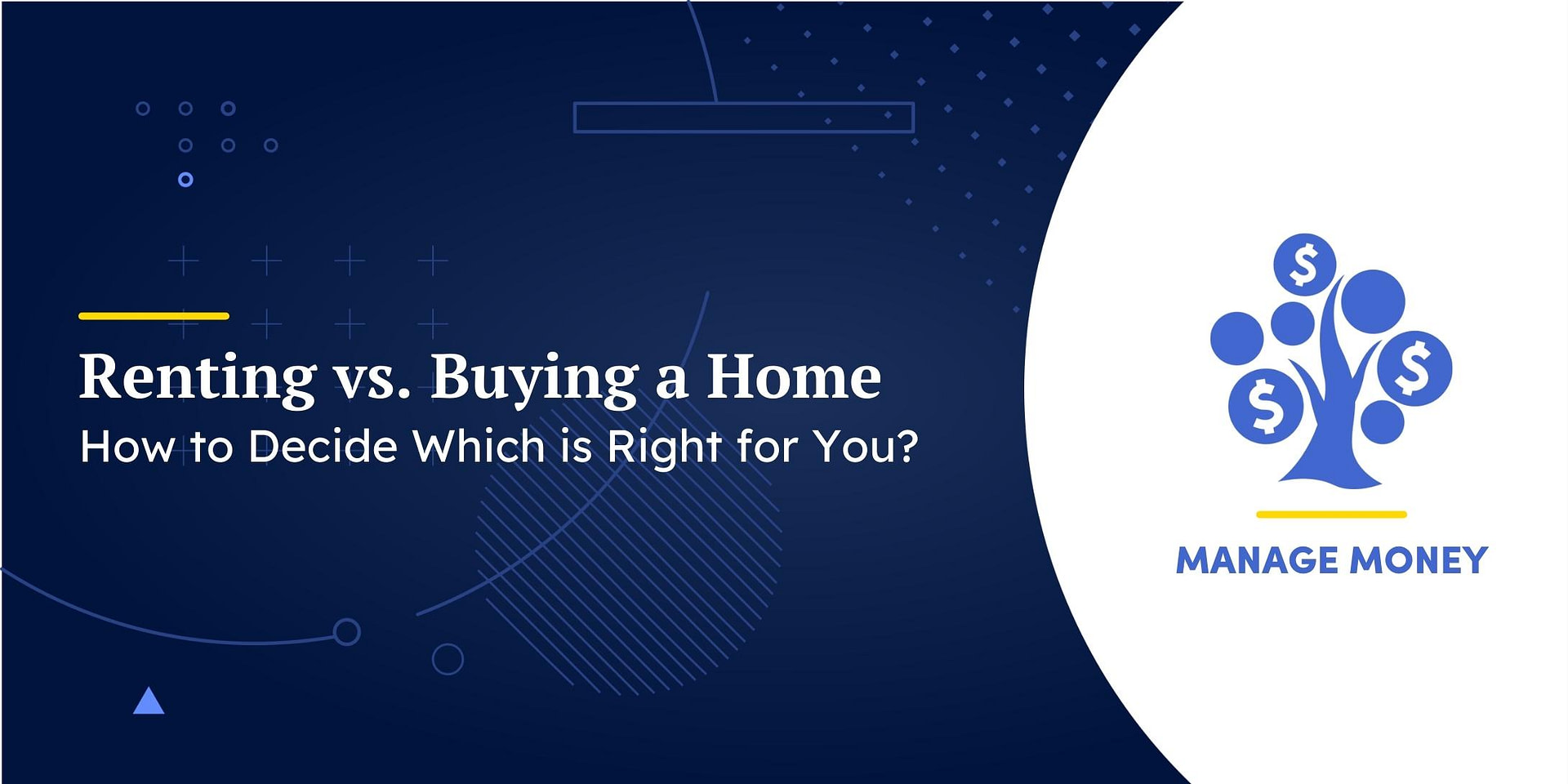Is Now a Good Time to Buy a House? 5 Factors to Consider
Now that you know more about the pros and cons of renting vs. buying home, it’s time to think about whether or not now is a good time to buy a house.
In this case, it’s a good idea to look at both broader economic trends as well as your personal financial situation. With that in mind, below are five key factors to consider as you’re making your decision.
1. Inventory Levels
Inventory levels describe the number of available homes on the market. Currently, inventory levels are still at historic lows nationwide, although they’re showing signs of growing numbers.
Generally, when inventory is low, the competition for available homes can be fairly fierce. In this case, all of the buyers in the market often find themselves competing for the same low number of available homes, especially in high-demand markets. Bidding wars and offering over the asking price are more common in this type of environment.
On the other hand, when inventory is high, buyers tend to have the upper hand. Since there are more available properties than interested buyers, homes tend to sit on the market longer and sellers are more willing to negotiate just to get their home under contract.
2. Home Price Changes
Home price levels are an additional indicator to consider when deciding whether it’s the right time to buy. Home prices have been trending up for several years. However, that may not necessarily always be the case and it can depend on the unique market conditions where you live.
Obviously, home price dictates how much house you can afford, but it also plays a role in how quickly you’ll be able to recoup your investment. Keep in mind that real estate tends to appreciate over time, which is what makes it such a good long-term asset.
However, if you’re only planning on staying in your home for a short period of time, it can be hard to ensure that your home will appreciate enough for you to get back the money invested upfront, especially if you originally bought at a time when prices were escalated.
If the value of your home drops soon after you buy it, you may find yourself underwater on your mortgage, owing more than the home is worth. This can limit your options. You may have to add money to the deal if you want to sell the home. This happened to many new homeowners after the 2008 real estate crash.
As of August 2022, average home prices are beginning to fall, but they are falling from record high levels and are still very high by historical standards. That’s a factor to consider.
3. Current Interest Rates
Next, it’s important to look at current interest rates. Interest is a fee that you pay for the privilege of borrowing money to finance your purchase. Interest rates can also play a role in how much house you can afford.
Put simply, higher interest rates will cause your monthly payment to rise. It means that more of your money will be going to interest charges and less to the principal loan amount, or the amount of money that you’ll spend on the home. Lower interest rates will give you more wiggle room in your house hunting budget.
4. Your Financial Situation
Once you’ve looked at the economic factors, it’s time to look at the specifics of your financial situation. Both owning and renting come at a cost and you’ll need to be prepared to cover them.
As a rule of thumb, renting is easier to budget for than owning a home because it has fewer upfront and ongoing costs. However, rent can rise each year, which makes it harder to plan for the costs long term. By the same token, owning a home tends to be a bigger investment, but it gives you the ability to leverage your equity in a way that you can’t with a rental.


